How AI is Transforming Software Testing and Quality Assurance ?
In today’s rapidly evolving digital landscape, software testing and quality assurance (QA) have become more critical than ever. Businesses are constantly pushing to release high-quality software quickly, meeting the demands of their users while staying ahead of competitors. Artificial Intelligence (AI) is playing a pivotal role in revolutionizing software testing and QA, making processes faster, more efficient, and less prone to errors. This blog explores how AI is transforming software testing and QA, its benefits, and its implications for the future.
The Challenges of Traditional Software Testing
Traditional software testing methodologies, though reliable, come with their own set of limitations:
Time-Consuming: Manual testing often requires significant time and effort, especially for complex systems.
High Costs: The resources needed for extensive testing can inflate budgets.
Human Error: Even skilled testers are prone to overlooking defects, especially in repetitive tasks.
Scaling Issues: Testing large-scale systems with diverse functionalities can overwhelm human testers.
These challenges have led to the adoption of AI-driven solutions, which address these pain points effectively.

How AI is Revolutionizing Software Testing and QA
1. Automated Test Case Generation
AI can analyze requirements and generate test cases automatically, reducing the time testers spend on creating them manually. By using machine learning (ML) algorithms, AI tools identify patterns in historical data to predict and create relevant test scenarios.
2. Intelligent Bug Detection
AI-powered tools are excellent at detecting bugs and anomalies in code. They can analyze vast amounts of code quickly, identifying issues that might escape human testers. Tools like Test.ai and Applitools use ML algorithms to identify visual and functional defects in applications.
3. Predictive Analytics for Test Optimization
Predictive analytics, a subset of AI, enables testers to identify high-risk areas in the software where defects are likely to occur. This helps prioritize testing efforts, ensuring critical components are rigorously examined.
4. Continuous Testing in DevOps
AI seamlessly integrates with DevOps pipelines, enabling continuous testing. Automated AI tools execute tests whenever new code is added, ensuring the software remains stable during development. This aligns with the Agile and DevOps methodologies aimed at faster releases.
5. Natural Language Processing (NLP) in QA
NLP allows AI tools to understand human language, enabling them to interpret requirements written in plain text. This helps in validating whether the software meets business requirements without requiring extensive manual intervention.
6. Enhanced Test Coverage
AI ensures comprehensive test coverage by identifying untested areas in the application. By analyzing logs, user behaviors, and code, AI tools pinpoint weak spots that need additional attention, ensuring a robust application.
7. Visual Regression Testing
AI excels in visual regression testing, where it compares the UI of an application before and after updates. Tools powered by AI can detect even the smallest discrepancies in fonts, colors, or layouts, ensuring a consistent user experience.
8. Self-Healing Test Scripts
In traditional automated testing, minor changes in the application can break test scripts, requiring frequent updates. AI-driven tools can adapt to changes in the application automatically, eliminating the need for manual intervention.
9. Reducing False Positives
False positives are a significant challenge in software testing. AI algorithms are better at distinguishing between actual defects and acceptable deviations, saving time and resources.
Benefits of AI in Software Testing
Faster Time-to-Market
AI significantly accelerates the testing process, enabling quicker releases without compromising on quality.Cost Efficiency
By automating repetitive tasks and reducing the need for extensive manual testing, AI lowers overall testing costs.Improved Accuracy
AI minimizes human errors, ensuring more reliable and accurate test results.Scalability
AI tools can handle large-scale applications efficiently, making them ideal for enterprise-level projects.Continuous Improvement
AI learns and improves over time, ensuring better performance with each iteration.
Popular AI Tools in Software Testing
Here are some widely used AI-powered tools that are transforming software testing and QA:
Test.ai: Specializes in automating app testing with AI-driven solutions.
Applitools: Offers visual AI for UI and functional testing.
Functionize: Combines ML and NLP for advanced test automation.
Selenium AI Plugins: Enhances the capabilities of traditional Selenium with AI-based features.
Sauce Labs: Provides cloud-based testing solutions integrated with AI.
Challenges in Adopting AI in Software Testing
While AI offers numerous advantages, organizations must address the following challenges:
Initial Investment
Implementing AI-driven tools requires significant upfront costs, which might deter smaller organizations.Skill Gap
Teams need specialized skills to work with AI tools effectively.Data Dependency
AI requires large datasets to function optimally, and acquiring relevant data can be a hurdle.Ethical Concerns
The use of AI in testing raises questions about data privacy and algorithm transparency.
The Future of AI in Software Testing and QA
The future of AI in software testing is promising, with advancements expected in the following areas:
AI-Augmented Exploratory Testing
AI will assist testers in exploratory testing, suggesting areas to focus on based on historical data and user feedback.Hyper automation in QA
Combining AI with other technologies like Robotic Process Automation (RPA) will lead to hyper automation, streamlining the entire QA lifecycle.Integration with IoT Testing
As IoT devices proliferate, AI will play a crucial role in testing their interconnected ecosystems.Shift-Left Testing with AI
AI will enhance shift-left testing strategies, allowing teams to detect and resolve issues earlier in the development cycle.
Conclusion
AI is undoubtedly transforming software testing and quality assurance, making the processes smarter, faster, and more efficient. By automating repetitive tasks, enhancing accuracy, and ensuring comprehensive test coverage, AI is revolutionizing how software is developed and maintained.
Businesses that adopt AI-driven testing solutions will not only achieve higher efficiency but also deliver superior products to their customers. As AI technologies continue to evolve, the future of software testing and QA looks brighter than ever.
At Esenceweb IT, we understand the importance of staying ahead in this technological era. We leverage AI and cutting-edge tools to provide top-notch software development and testing services, ensuring our clients always deliver the best to their users.

_(1).jpg)

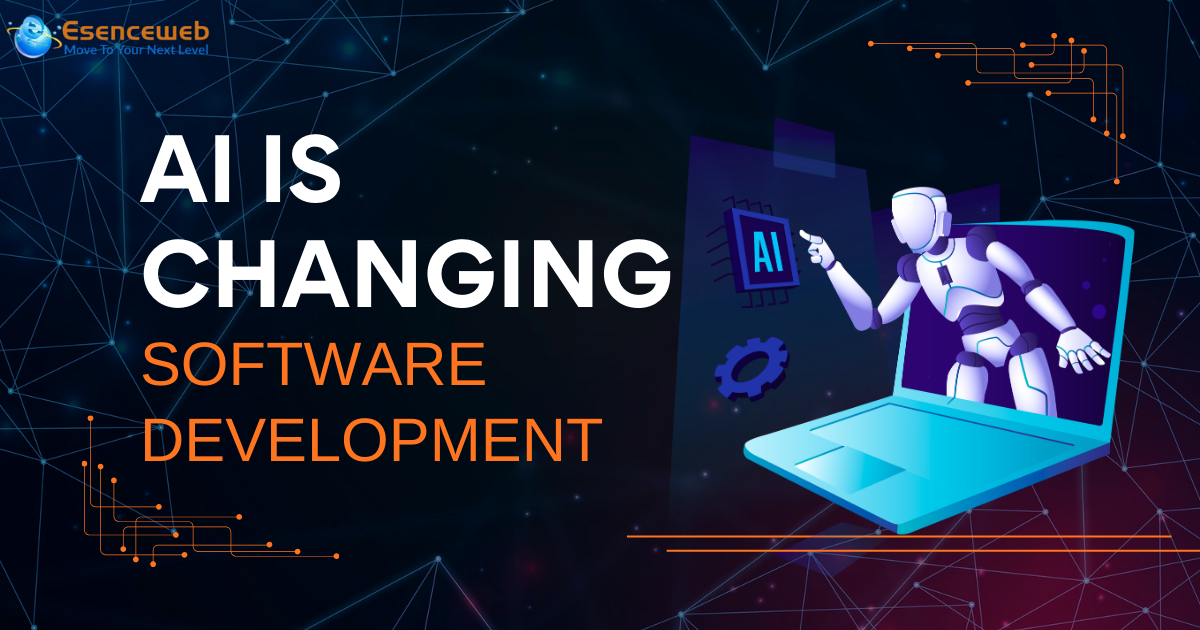
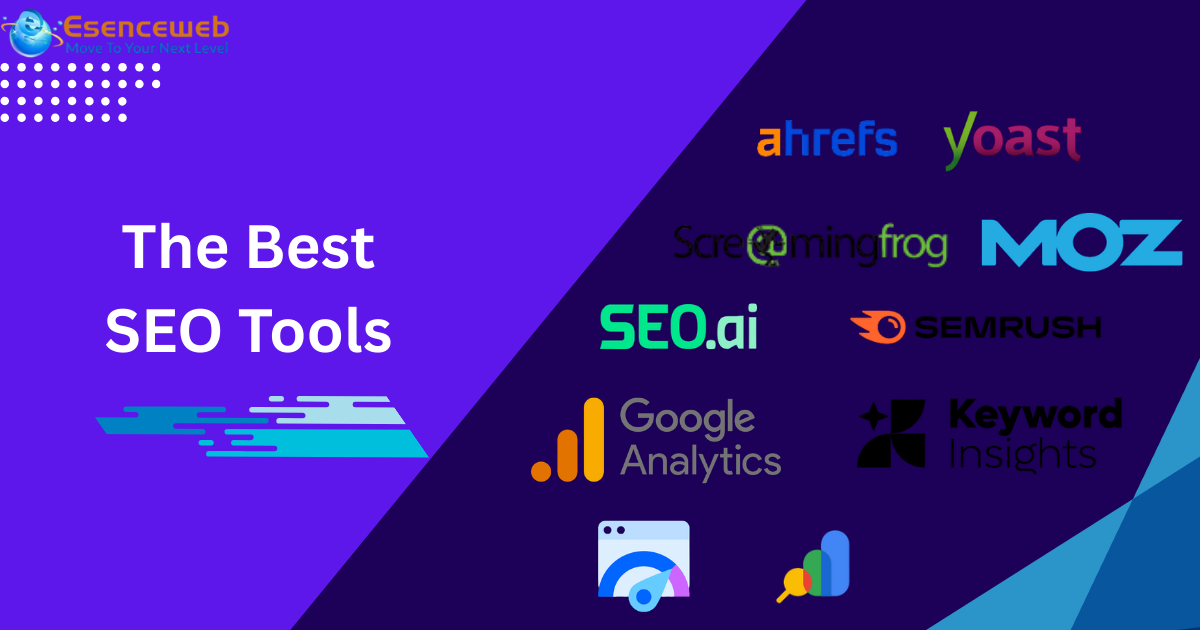


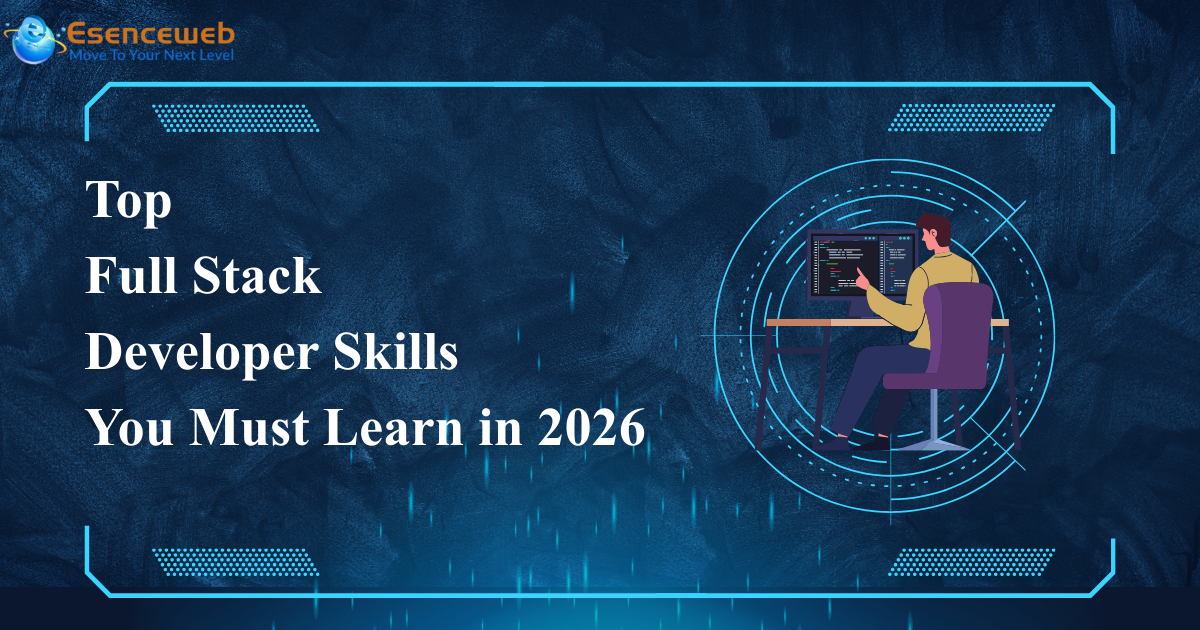

.png)
_(2).jpg)
.jpg)

_(1).jpg)

.jpg)
.jpg)
.jpg)
.jpg)
.jpg)


.jpg)
_(1).jpg)
.jpg)
.jpg)


_(1).png)

.png)

1.png)

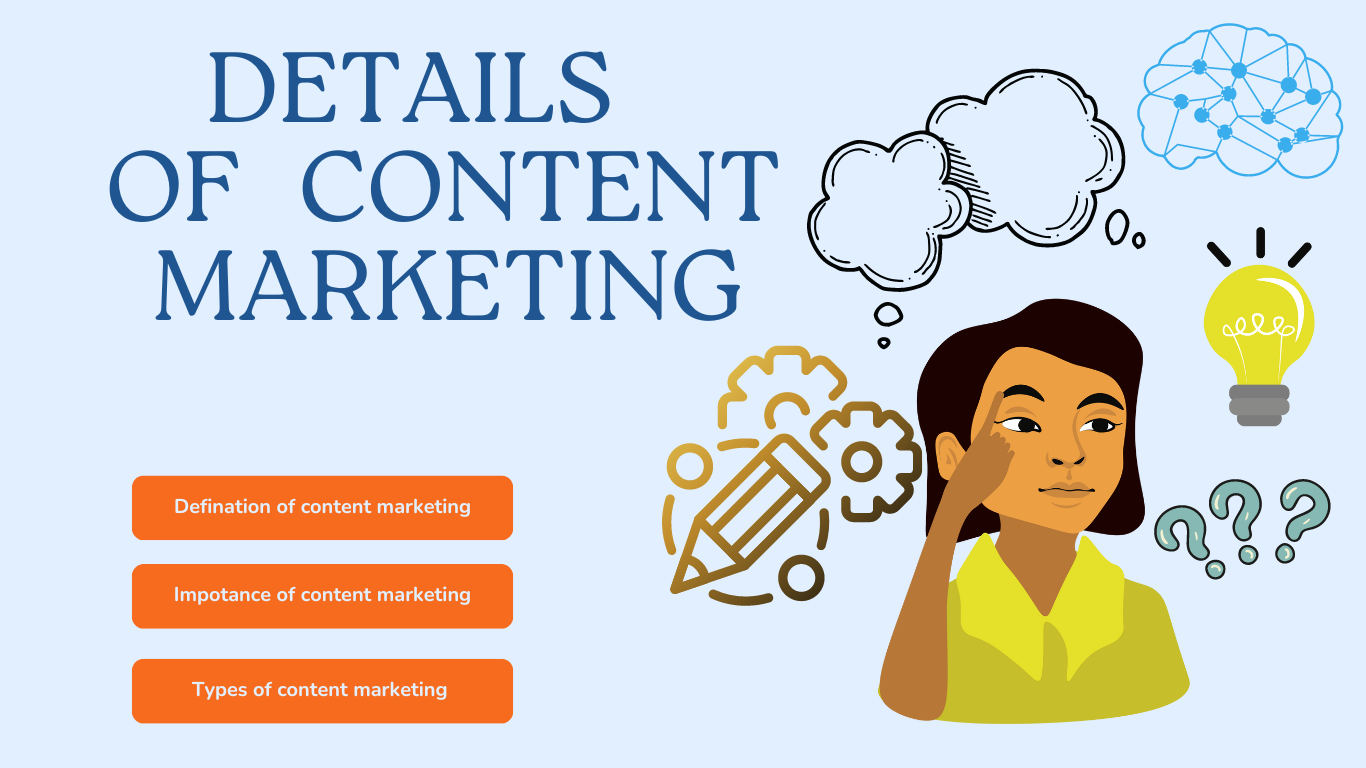
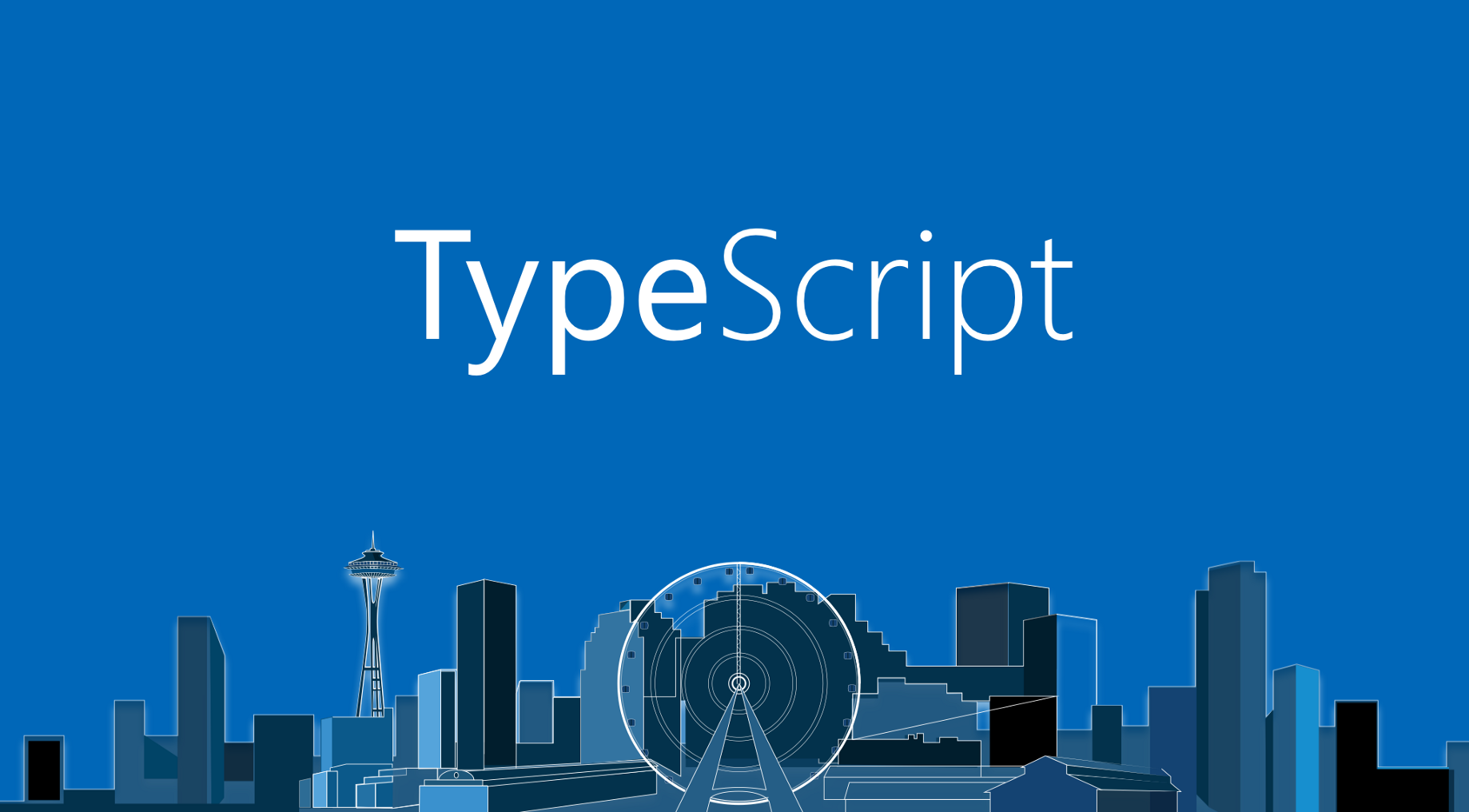
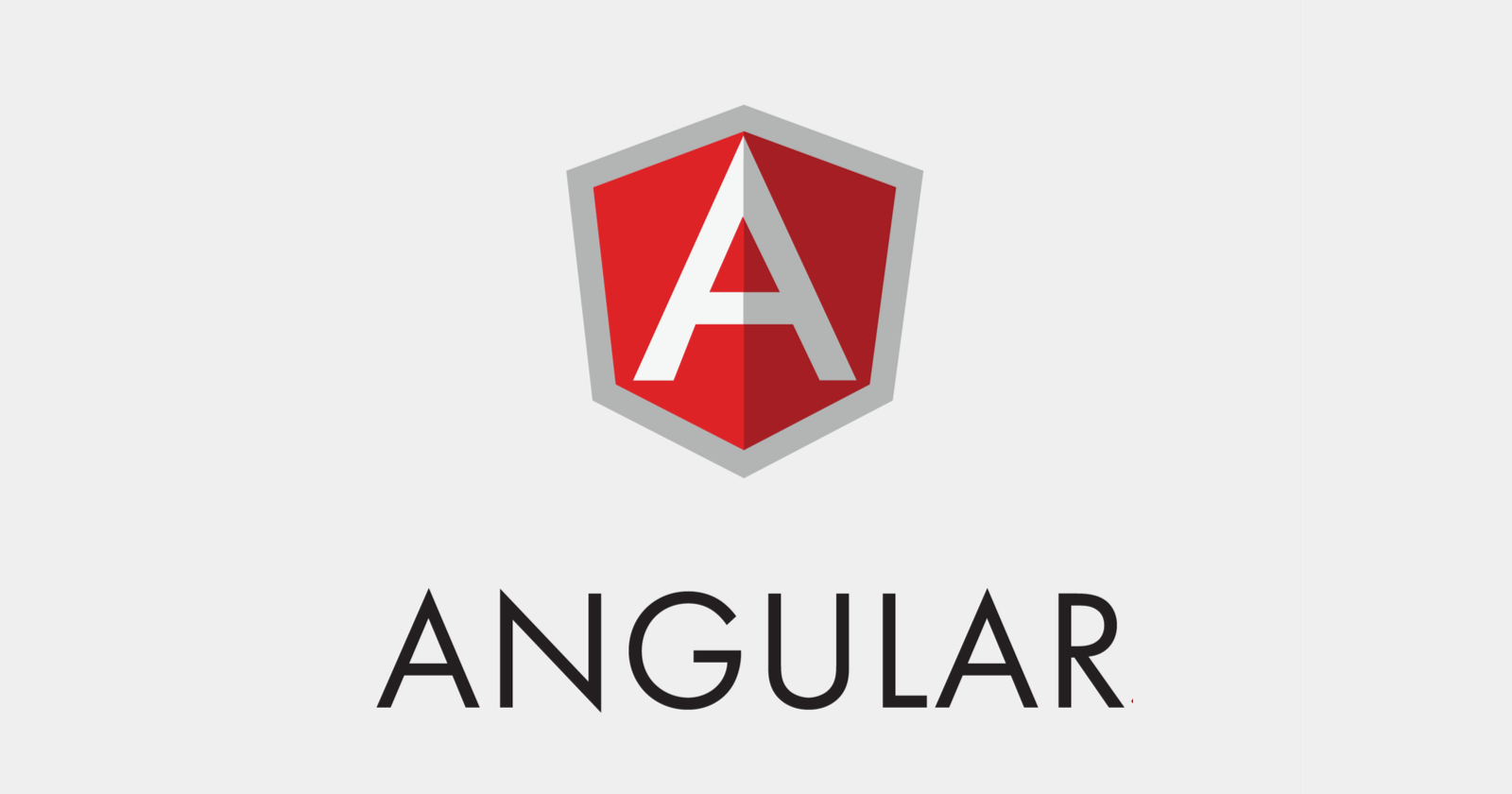

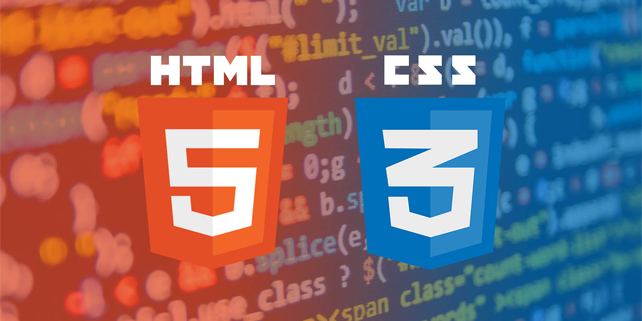

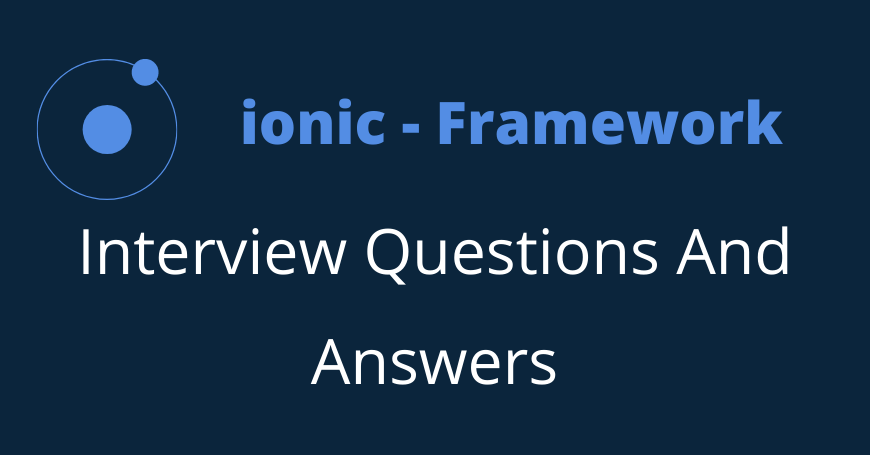


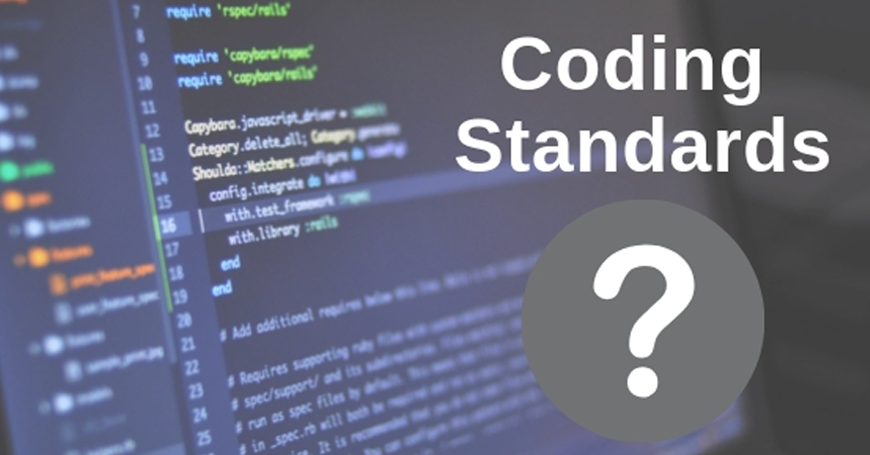
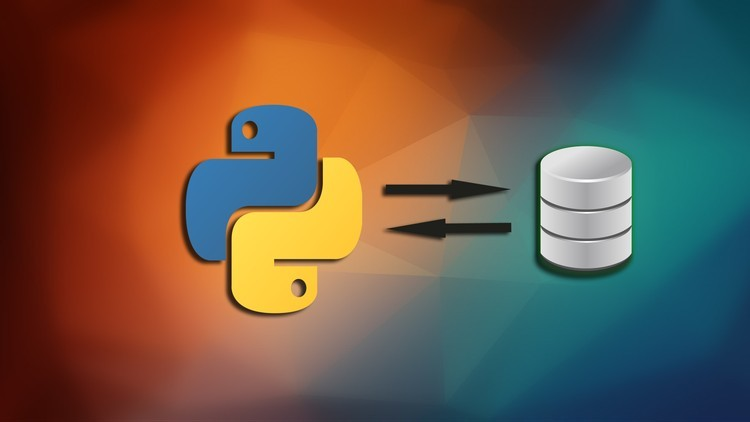
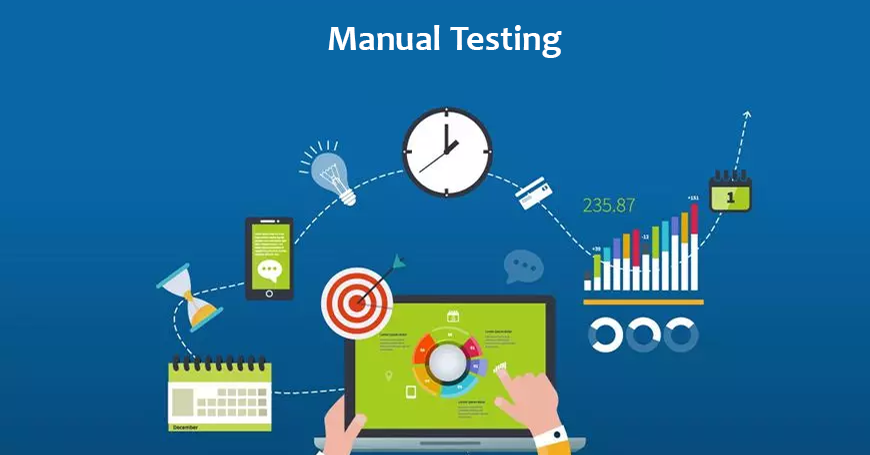

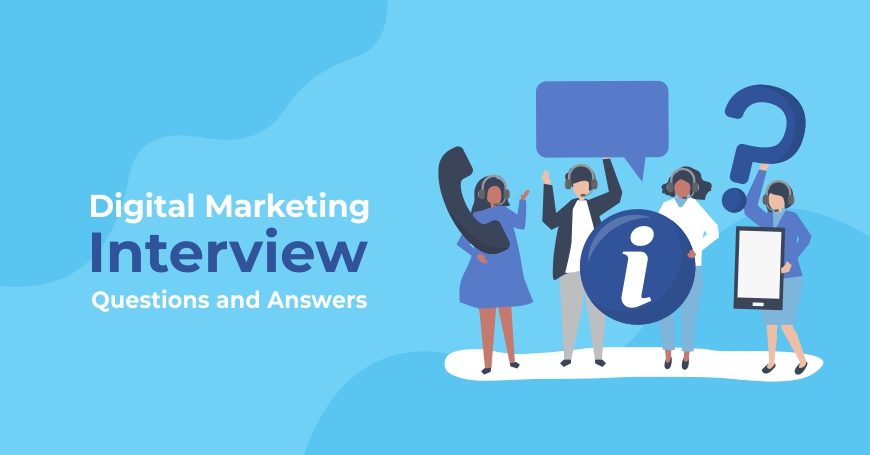
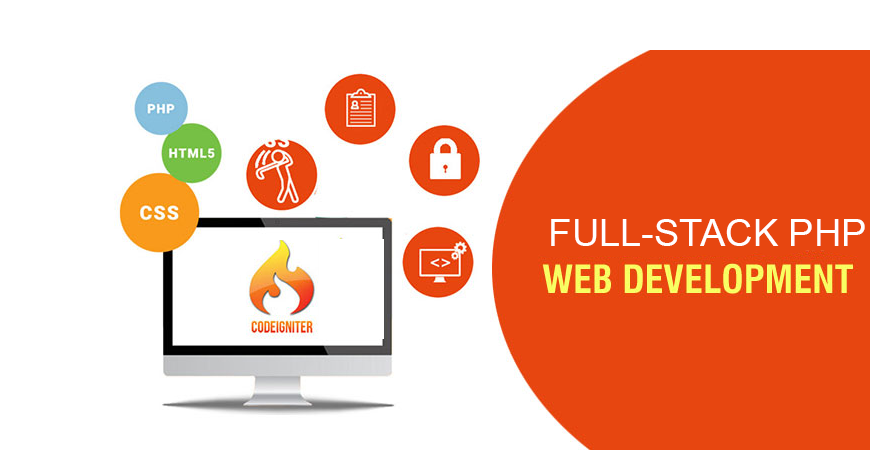

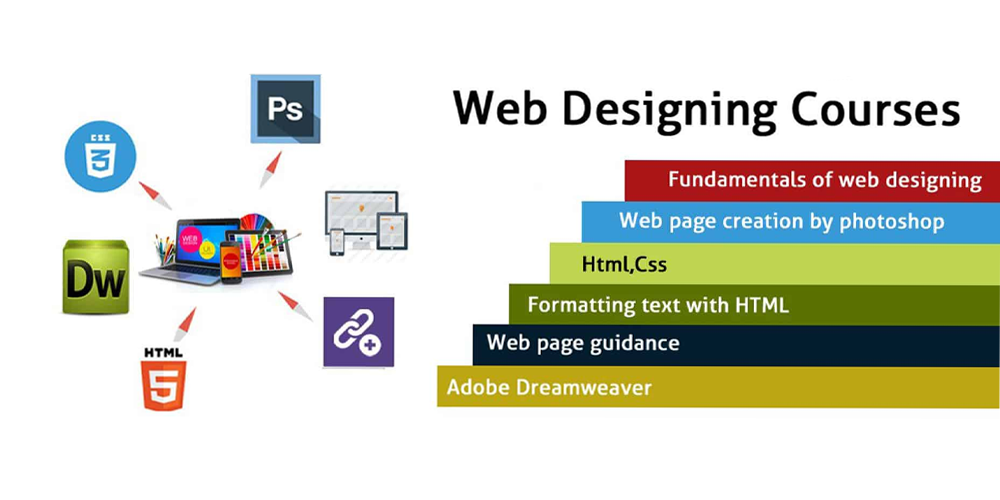



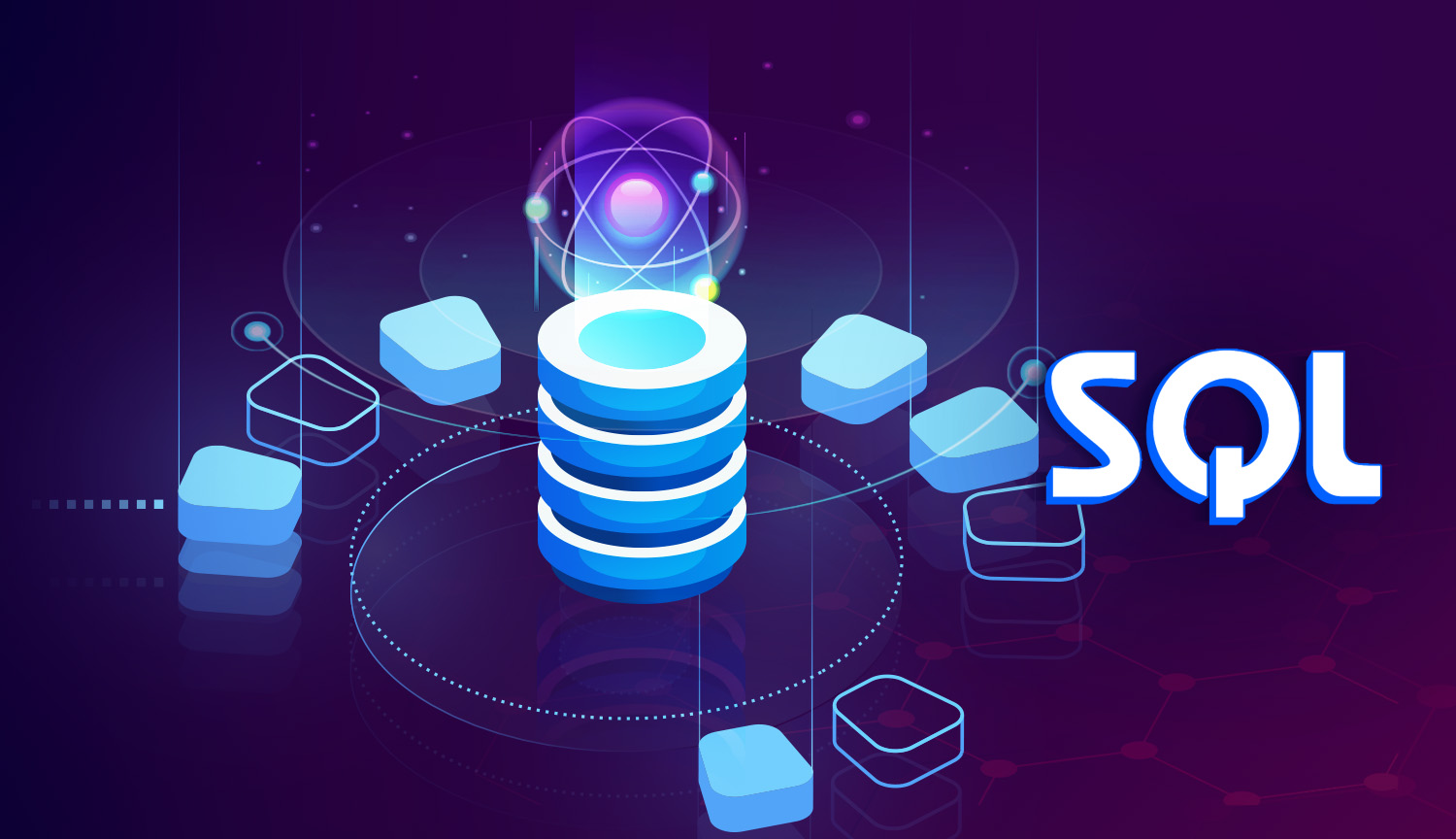


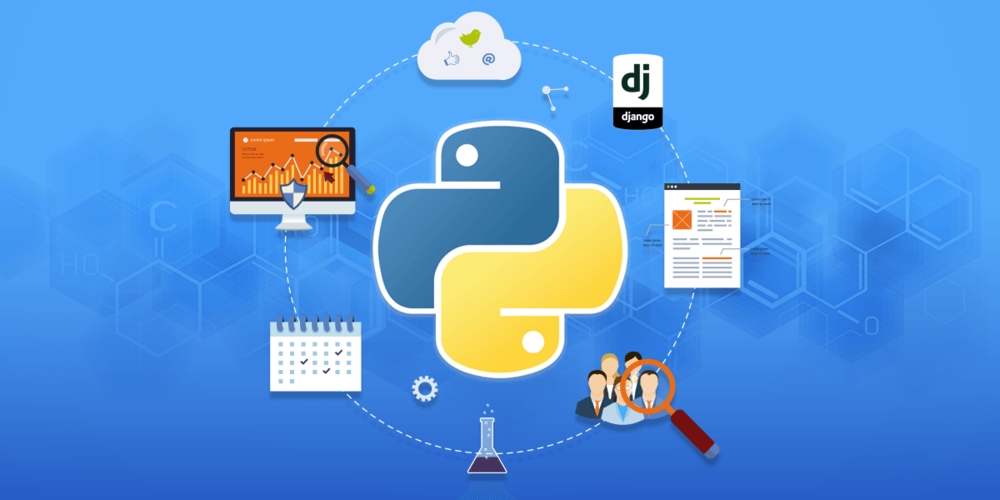
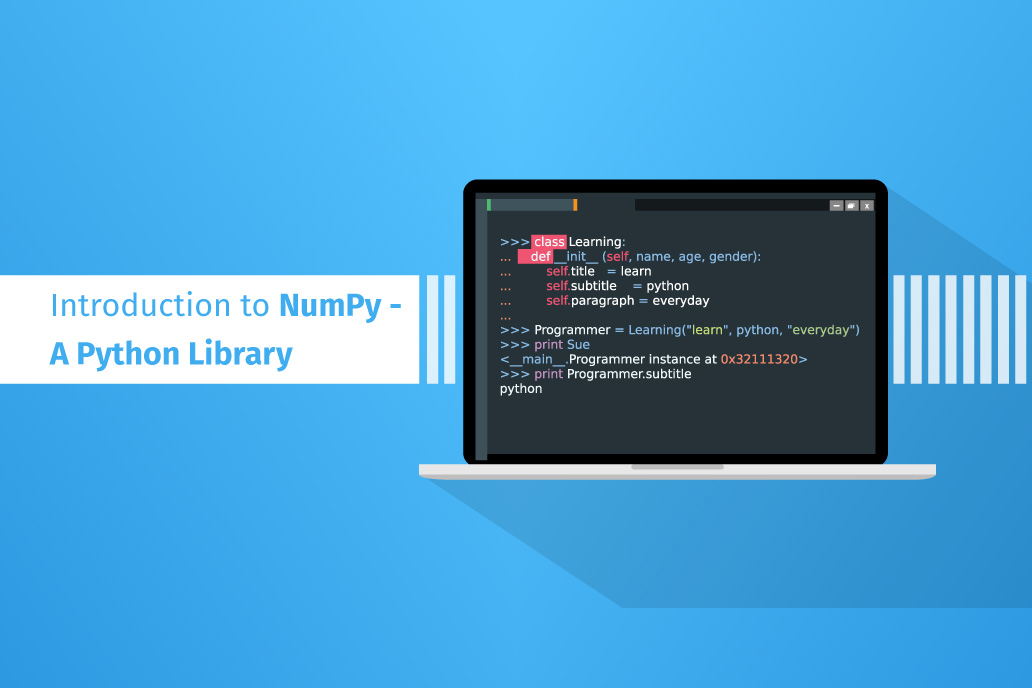
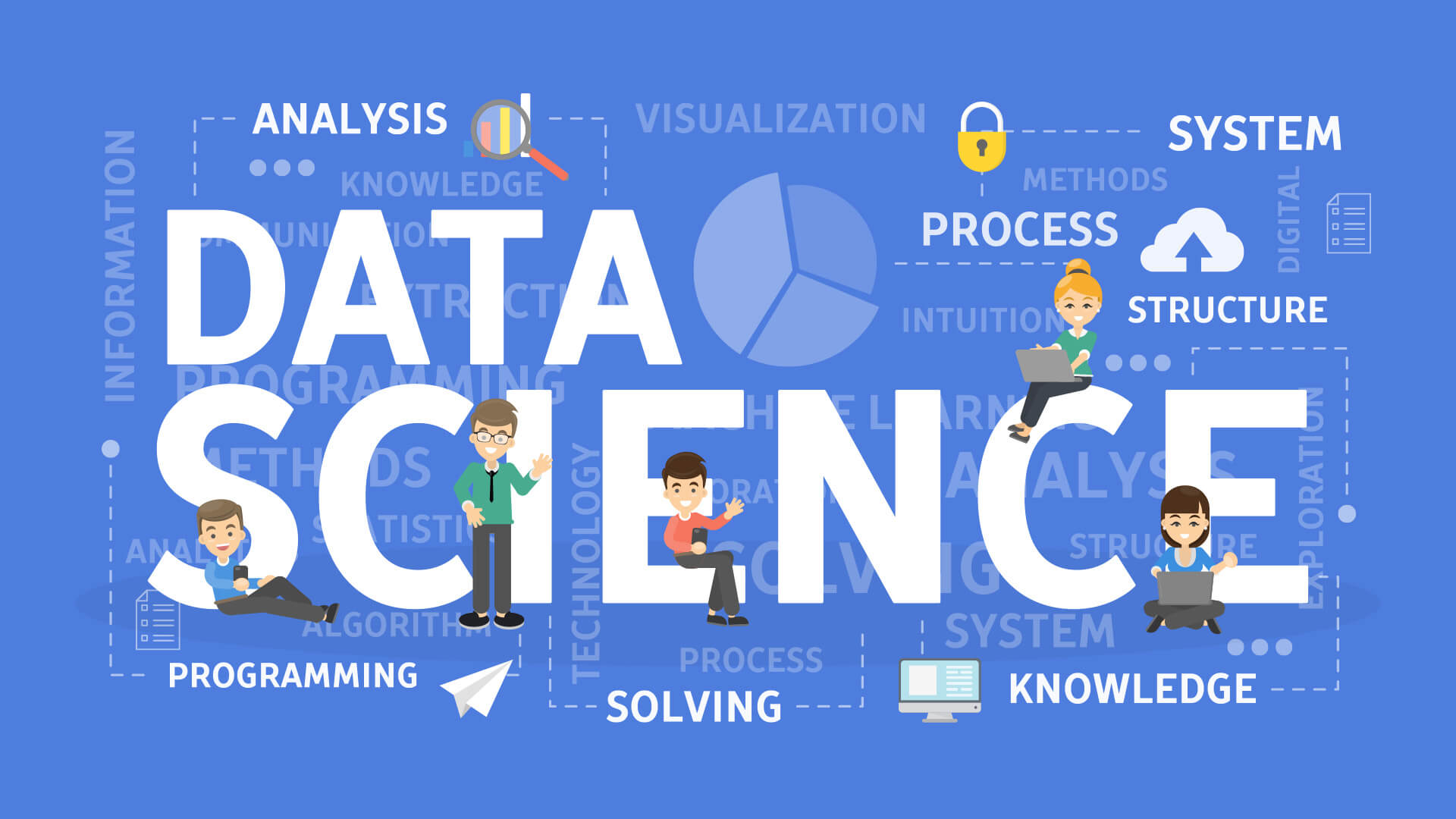

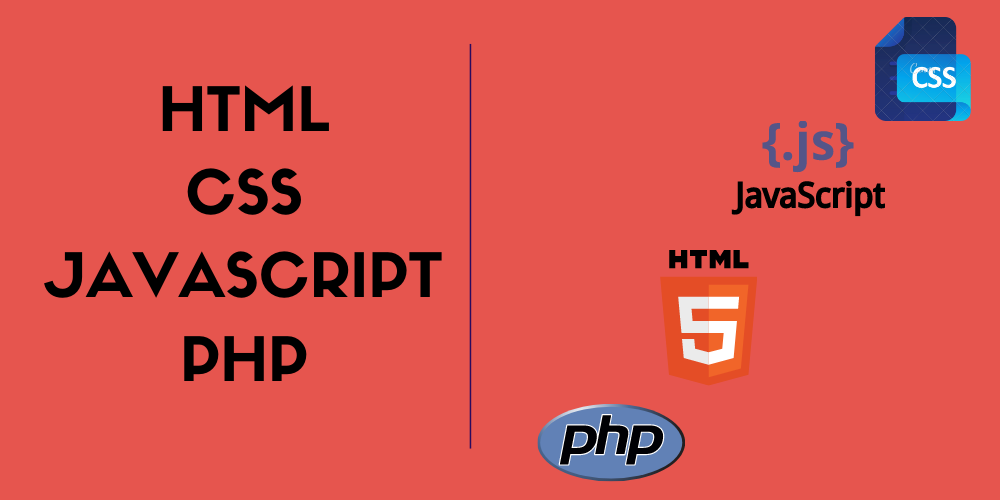
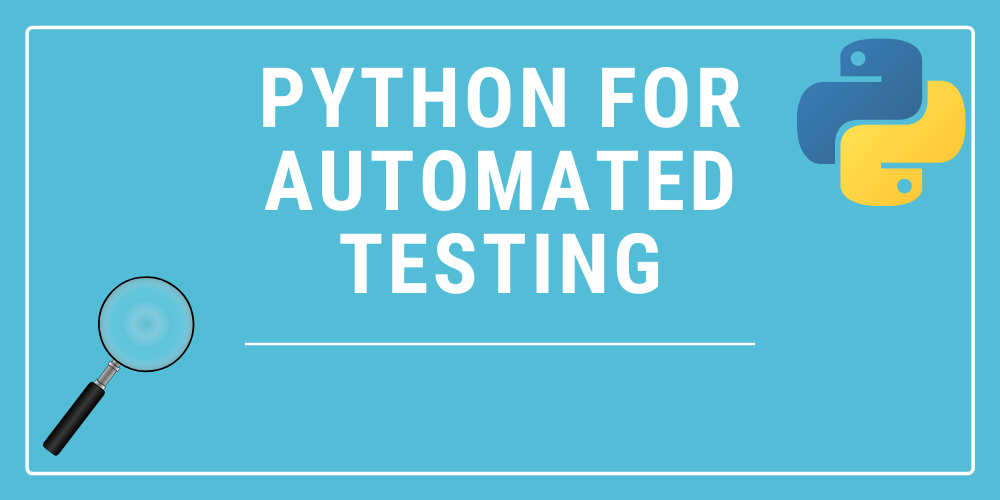


4.png)






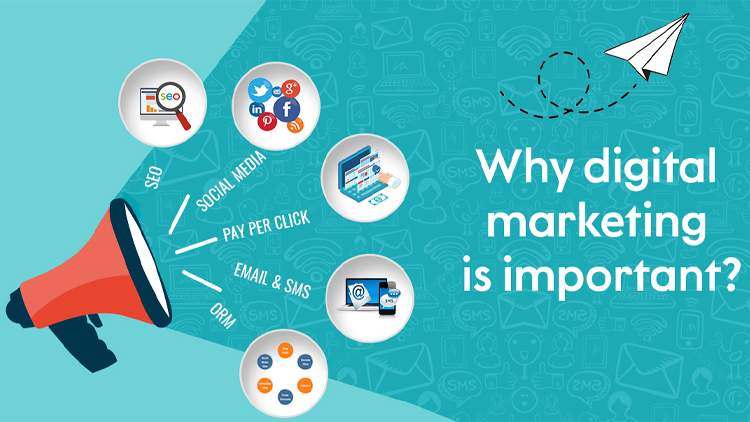

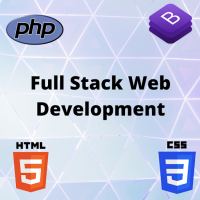
0 Replies to “How AI Is Transforming Software Testing And Quality Assurance ?”
Leave a Reply
Your email address will not be published.